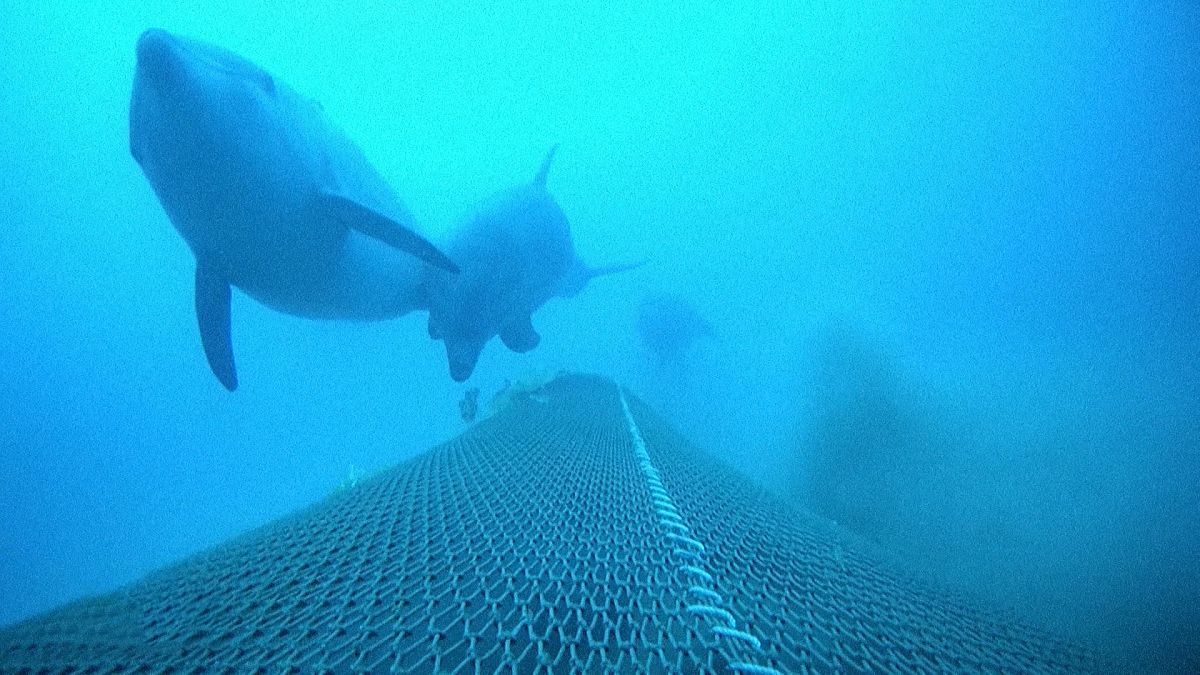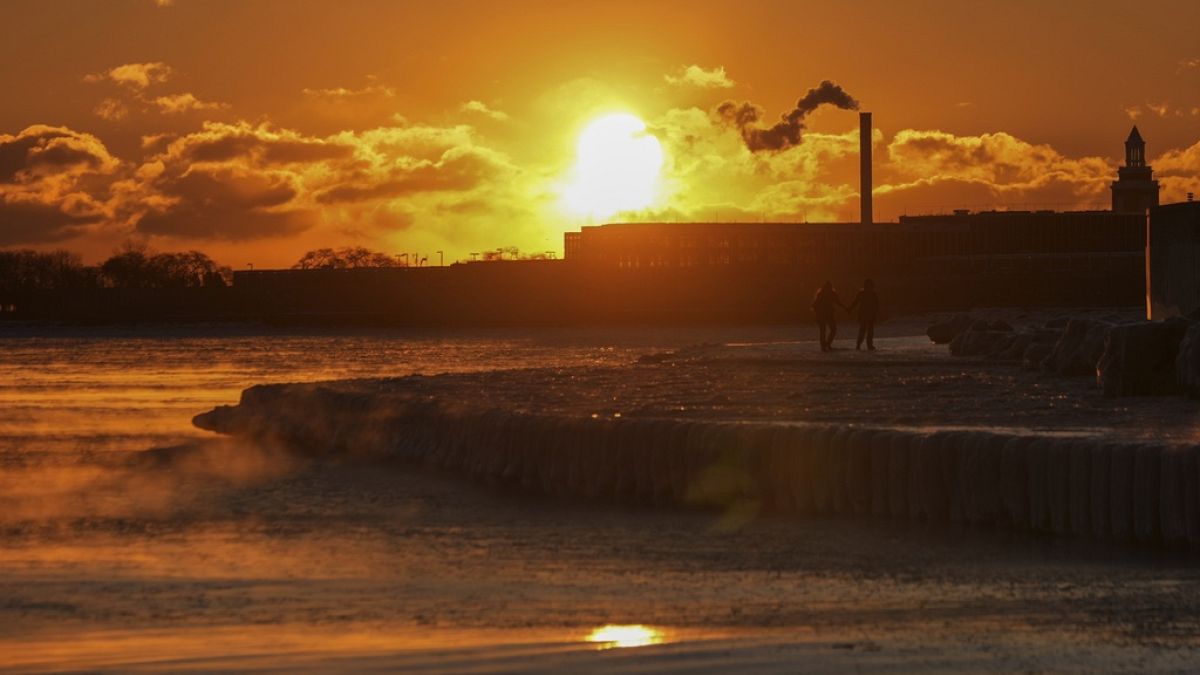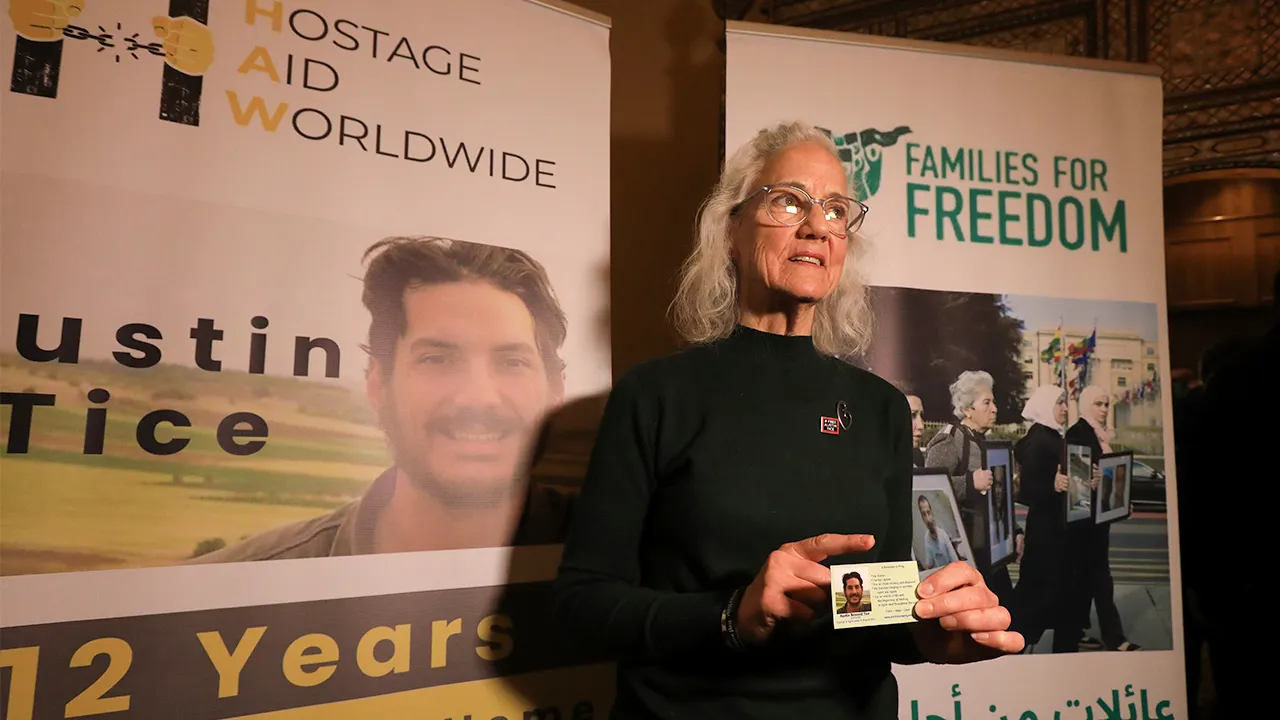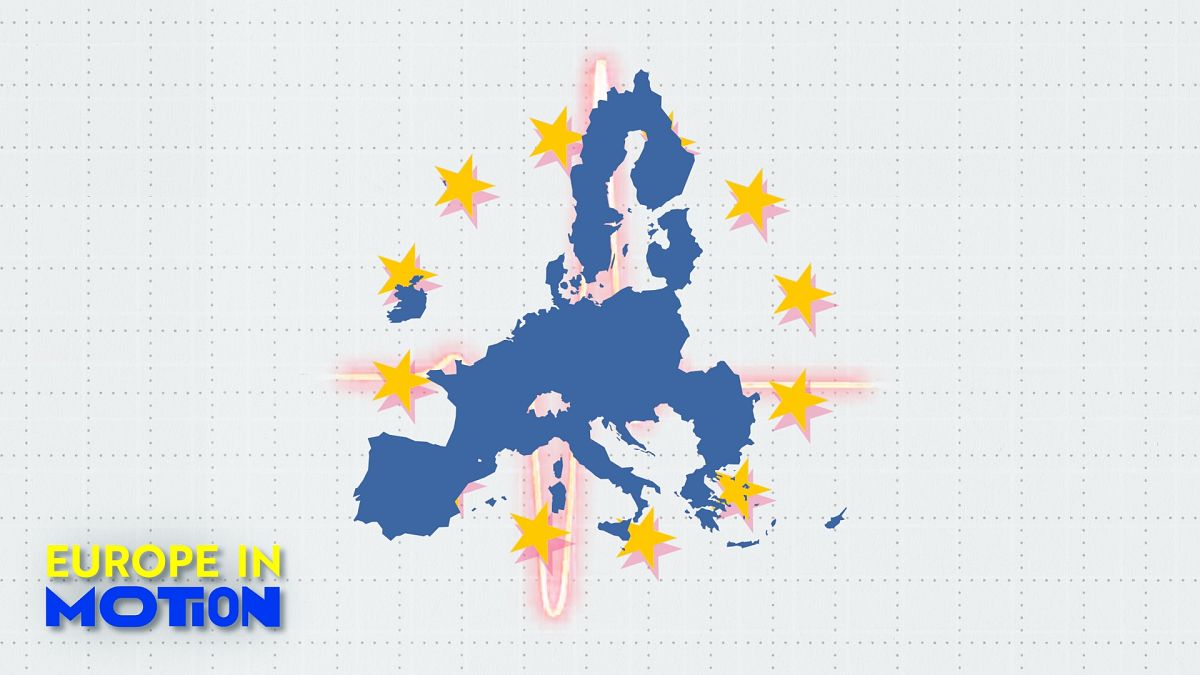The Bay of Biscay, stretching from the tip of Brittany, in western France, to the north of Spain, is a major fishing zone in the Atlantic Ocean. It’s also home to around 200,000 dolphins.
The increased number of strandings in the past years, many of which had traces of accidental catches by fishing nets, raises concern among scientists and environmentalists.
Last year, the French government imposed a month-long ban on fishing boats over 8 meters long, to protect dolphins and other marine mammals from accidental entanglement in fishing nets.
The measure, now backed by the European Union, was repeated this winter, forcing French and foreign fishing boats to remain docked between January 22nd and February 20th.
Fishermen say they are unduly taking the blame for dolphins’ strandings.
Sébastien Biolchini, a representative of the fishing community in the department of Finistère in Brittany, says they are the first to try to reduce accidental catches. Like all his peers in the fishing port of Audierne, he has equipped his boat with repellers to prevent dolphin entanglements—such as acoustic devices and reflectors.
Efforts he says that have not been considered enough.
The compensation offered by the state for the fishermen’s lost income covers up to 85% of turnover. Despite this, many fishermen operating neat the coast still face significant financial losses due to the forced downtime during a peak season, which is also hindered by poor weather conditions.
“Despite the compensation, I had a loss of approximately 20 to 30% of turnover last year” says Sebastien Biolchini.
I have no visibility over three, five or ten years, so it would be out of the question to make a big investment, in the current state of things.
Even if we manage to make a living, we are never serene, because we are always dependent on French and European decisions.”
The ban has a ripple effect on the local economy. Fish auctions, fishmongers and traders, transport services, ship repair businesses, among others in the region also suffer from reduced fishing activity.
Clara Ulrich, fisheries expert and Deputy head of Science at Ifremer, the French Institute for Ocean Research (Ifremer) admits the concerns of the fishing community. She says causes of the increase in dolphin strandings is still being investigated.
While reduced dolphin deaths were observed during the enforcement the fishing ban in 2024, the scientist point out it was also the case before and after the ban, which cannot be the only explanation. Research is ongoing as to connections between accidental catches and climate change, as dolphins are shifting closer to the coast to find food and interacting more frequently with fishing vessels.
“This example of dolphins in the Bay of Biscay is really at the heart of the difficult compromise between exploitation and protection”, concludes Clara Ulrich.
“Feeding ourselves without destroying, that’s really the whole issue of sustainable fishing.”
Read the full article here
















